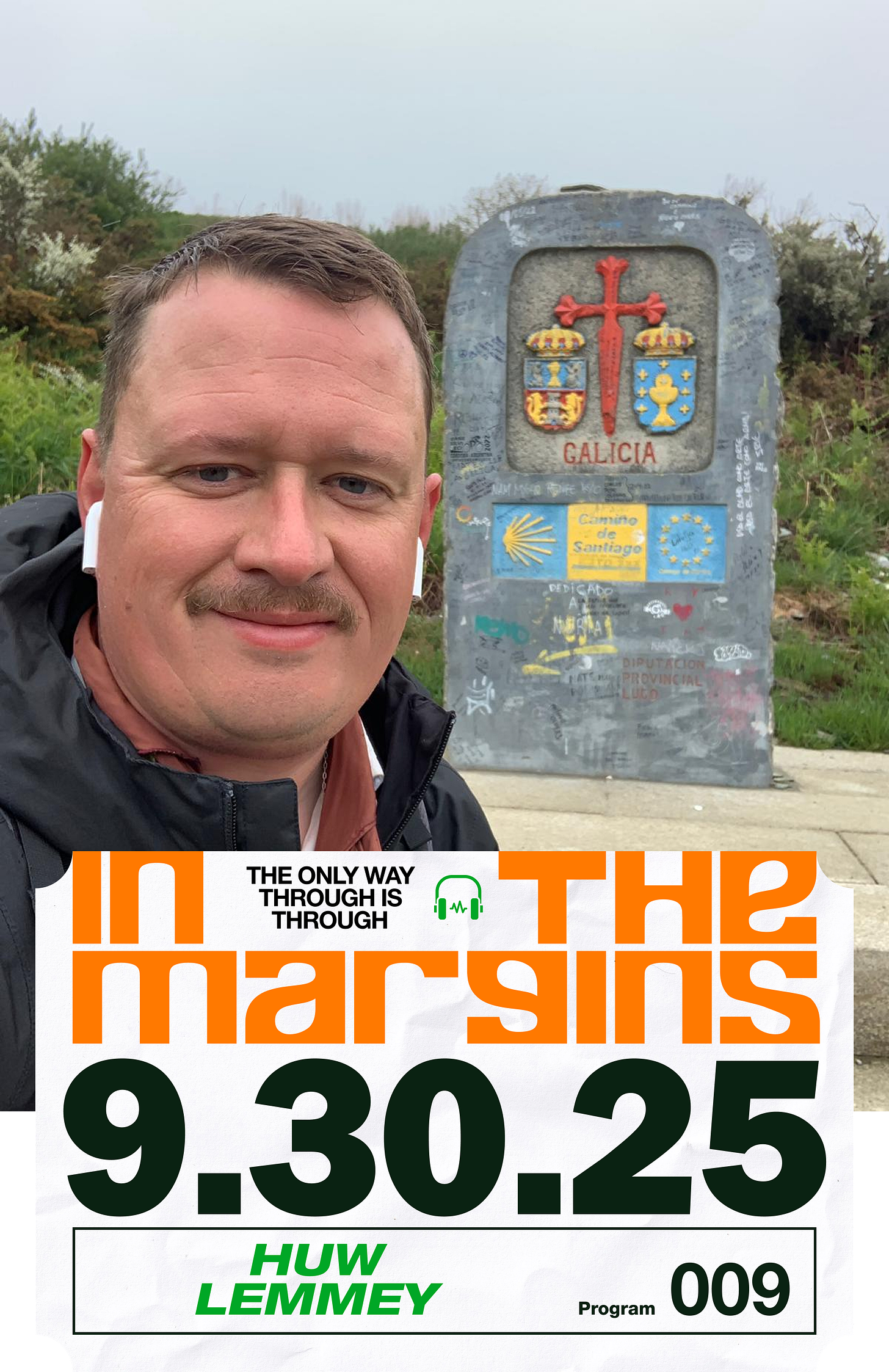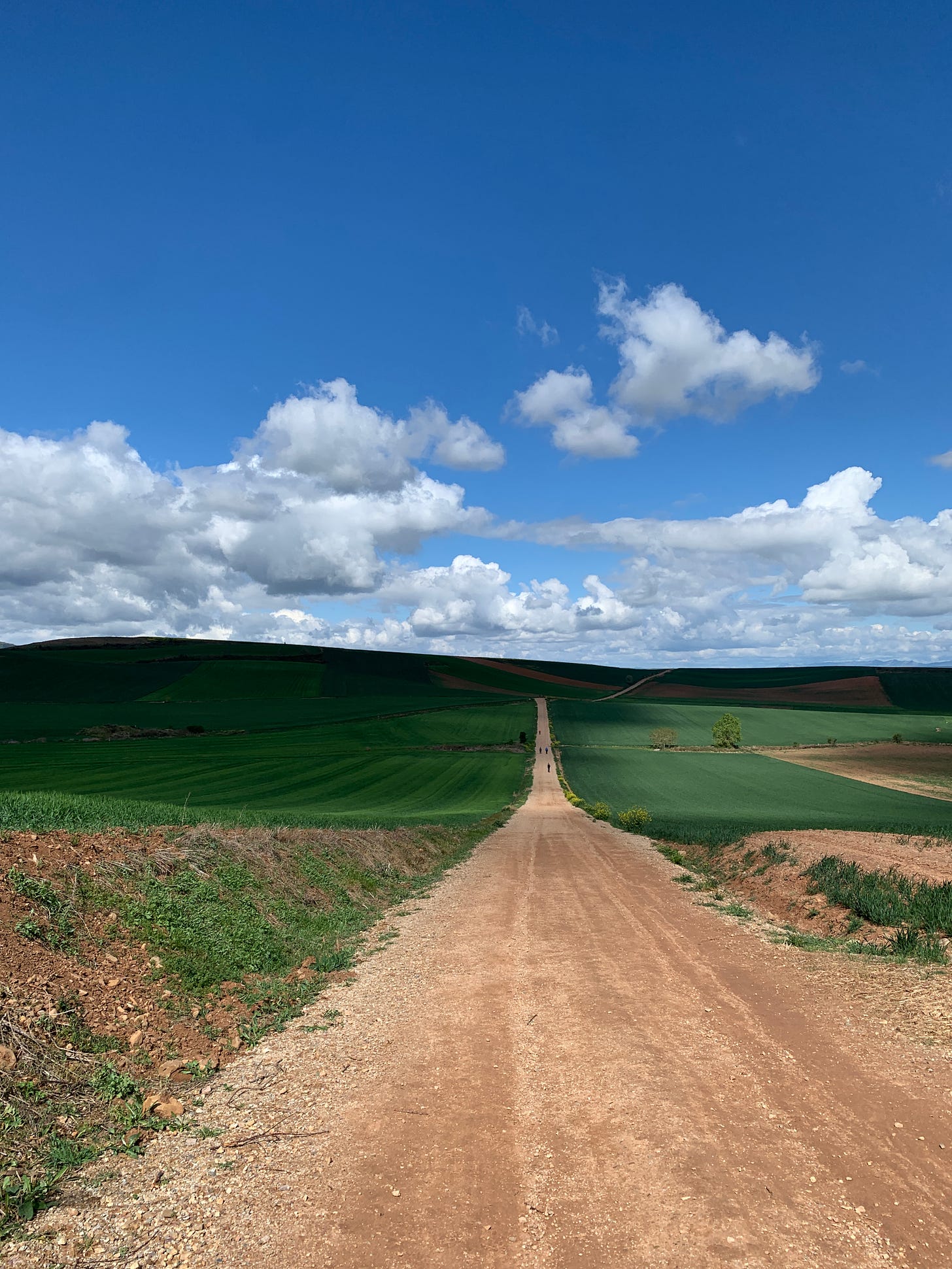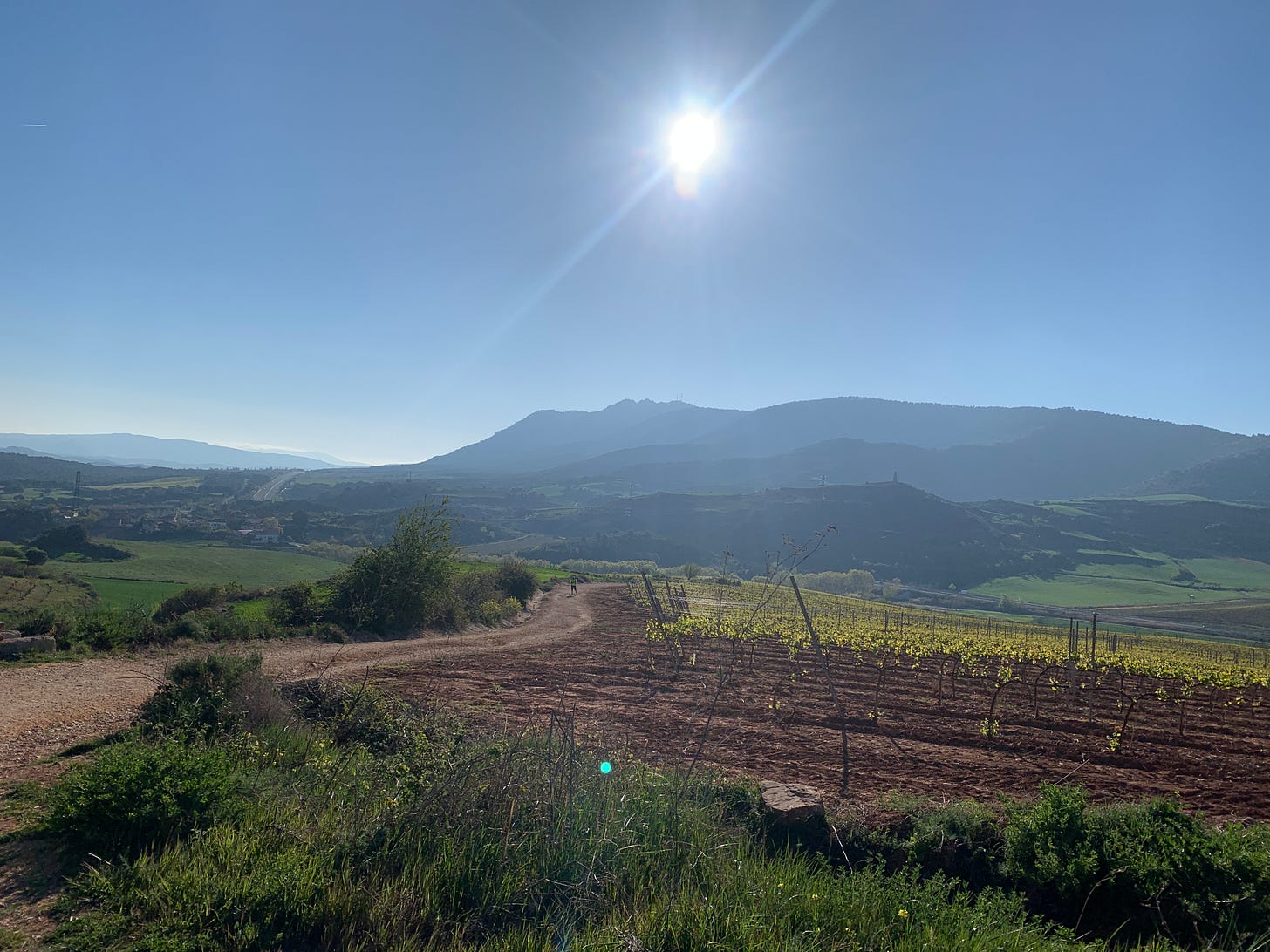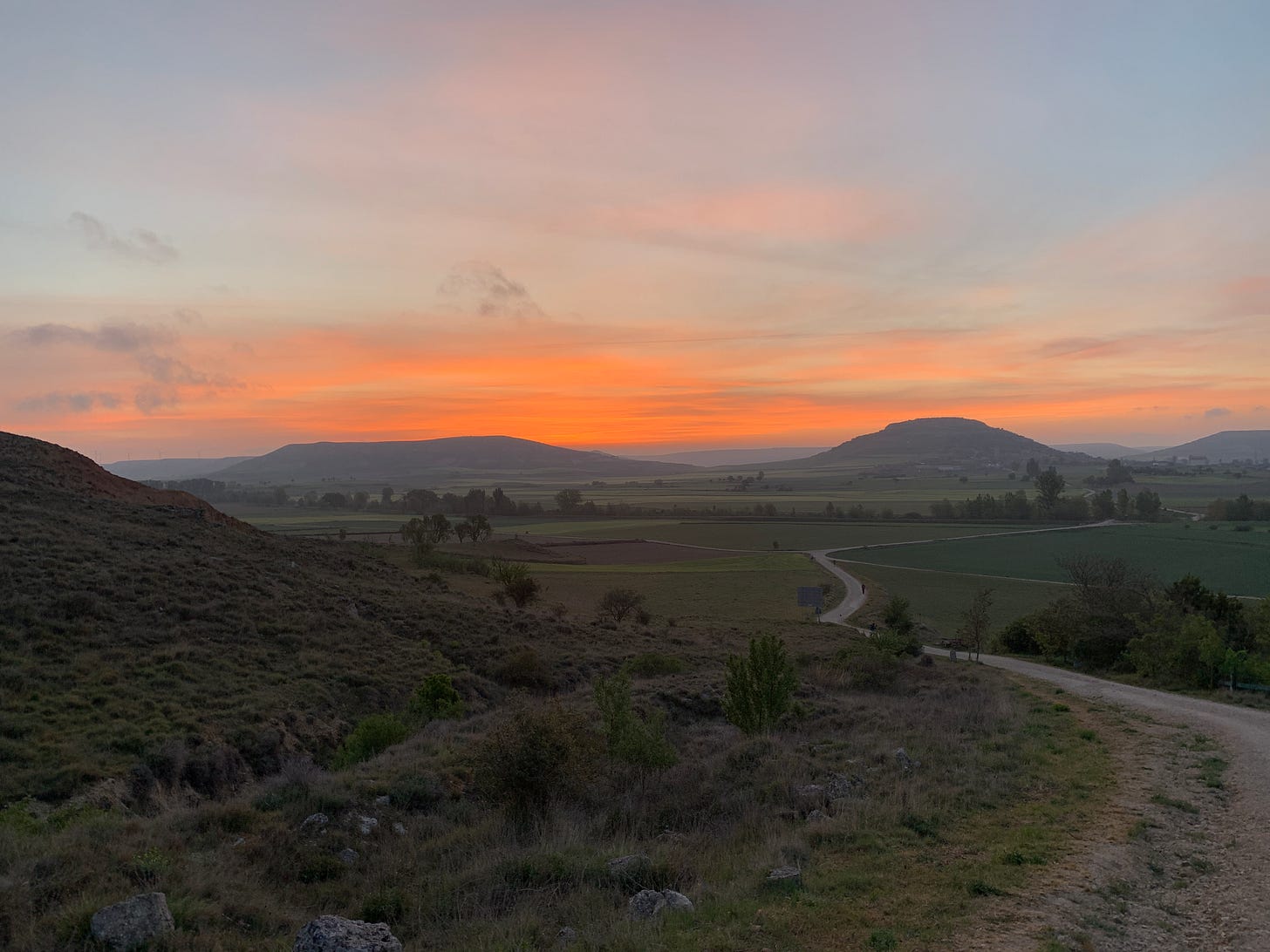The Depths of Boredom
Walking through the mind
“Only boring people get bored” was one of my mother’s many mantras. Not true. Not anymore. Nobody gets bored anymore—not that really beautiful boredom that cuts through the moment and opens us up to a wide plain of loving nothingness. Of course, I don’t think it was a deeply held opinion of my mother’s, but more a mantra borne of repetition, with three sons pulling at her apron strings looking for distraction. Again and again we moaned up to her “I’m boooooored,” meaning we wanted her to entertain us, despite her being busy with work, or cooking, or the myriad of things mothers do for their sons. What she meant is that you can make your own entertainment, you can use your imagination, you can cultivate something meaningful through active boredom which was true, then. But not anymore.
If today’s culture has one enemy, it’s boredom. We rig up our lives with machines and friendships and infrastructures designed to stave off this one deep, underlying and overcoded fear: that we might be bored. You can’t even take a shit without something to watch. What are we really afraid we might hear in the silence? Built off this fear, constant stimulation and choice, an unceasing flow of data and information that tracks our attention in order to feed it, has become the impetus of our daily existence. Yet ironically, it has created a sort of perpetual, passive boredom. This type of boredom conveys there’s always a richer, quicker dopamine hit to be reached elsewhere. At a recent performance of Bizet’s Carmen, I noticed how many people, despite having paid good money to see this great work of French opera, were scrolling on their phones throughout the show. A middle-aged woman in front of me was cycling through her apps: messaging services, Instagram, even refreshing the weather apps and clearing out old alarm notifications. Has our fear of boredom become so pathological that we have been overcome with a sort of background, constant dissatisfaction, an inability to focus our attention even on things we know to be worthy of it, even things we’ve paid to see? An itch that can never really be scratched, and which instead blooms into a feeling of over-caffeinated anxiety: that in the absence of something, I must be missing out.
I discovered some relief from a passive, dissatisfied boredom through long distance walks. A few years ago I began a long trip on foot, taking an ancient pilgrimage route once trod by Saint Francis of Assisi, from the beach in Barcelona across Northern Spain, via the city of Santiago de Compostela, and ending up at Finisterre: from the Latin “finis terrae,” the end of the earth, which, for mediaeval Christians, it quite literally was. It’s a popular pilgrimage about which so much has been written that it almost feels like there’s nothing left to say. A pilgrimage, like a mystical experience, is almost by definition a spiritual journey that can only be understood as it is experienced. Its lessons are impenetrable by mere explanation. You learn stuff, important stuff, but when you try and share it, you sound like some kid returning from a year backpacking around Thailand, full of trite realisations about the true nature of reality, before you slip back under the soothing stresses of everyday life, where enlightenment is mercifully absent. I’d read plenty on the Camino de Santiago, but nothing prepared me for its most powerful revelation: a deep, active boredom.
My route was long – about 1400 kilometres in the end, requiring you to cover about 25 km a day. With occasional rest stops, that works out at about seven or eight hours walking, every day, for two months. Over that time, my life was reduced to two fundamental aspects: reproducing itself, and moving over distance. A new rhythm and routine made itself known, and its parameters were simply the needs of my body: to rise before dawn, to make sure I had made enough distance before the punishing midday sun arrived, to find a place to sleep, to shower off the sweat, to fill my stomach. Even nightly pleasure was routine: wine, and reading (either from the leatherbound King James bible in my backpack, or more often, my other queer bible, the crime thrillers of Patricia Highsmith). You walk, and a week or two later you find yourself atop that distant mountain range, looking back on a landscape which owes nothing to your presence. You have merely experienced being one of the animals of the plain.
As you traverse the landscape, your mind slowly empties. I simply don’t have enough thoughts to last the entire walking day, day after day, week after week. There was a certain asceticism to the process, a stripping away of luxuries, and of enduring physical or mental hardship or tiredness that, one might have assumed, would be somehow purifying. Not for me. It was the silence, more than the asceticism of endurance sport, that bore fruit, with the walking becoming a physical mantra that opened up onto a plain of something deeper, something like a communion.
It reminded me of the Jesus Prayer. This simple, repetitive mantra first originated by the Desert Mothers and Fathers, Christian ascetics who walked out into the deserts around Palestine and Egypt in the 5th century to find silence. This hesychastic practice sees the repetitive cycling of a simple prayer as a way of stilling the soul and the mind, opening up the heart for a communion with God that works beyond images or words. It provided those early monastic communities with a tool for communion, but also for a silence which allows for attention. Perhaps we have confused attention for boredom, and in doing so, have lost a space for self-examination, a recalibration of who we really are with the world around us, which might be the balm for the anxiety our passive boredom seems to breed.Yet if we are to think of this process as one of self-help, of “finding ourselves”, we might be disappointed. In his book on the theology of the Desert Fathers and Mothers, Silence and Honey Cakes, the poet and bishop Rowan Williams warns of “the risk of modernizing the desert tradition in a shallow way. It sounds wonderful when we are told the path to asceticism is all about self-discovery, because most of us are deeply in love with the idea of self-expression… but for the desert monks and nuns, the quest for truth can be frightening, and they know how many strategies we devise to keep ourselves away from the real thing.” Instead, he sees in the desert tradition a call not to transcend, but to examine the troubling and difficult parts of our own selves and desires, knowing that such self-examination puts us in a better place to help our neighbour. Sin, he says, “is healed by solidarity, by identification.”
I don’t think I found myself; and anyway, much of what I did find, I didn’t like. But I did at least see it, and the smallness of myself, which felt reassuring. Most of all, I felt myself delivered of a new kind of boredom, an active, productive boredom in which I didn’t want to reach for entertainment, for other human voices. I just wanted to pass through the world. It was in this state that I noticed a new physical sensation; a few hours into each day’s walk, my heart rate would rise, and for a short period – perhaps twenty minutes to half an hour – I would enter a euphoric state in which my perception of the world and my place in it was heightened to one of great joy. I began to think of this state as a Transcendental Boredom, in which my lifelong obsession with the consumption of mediated images and ideas dissipated. I simply was, and was bored, and was boring, and walked, and that was fine.
On coming back to the mundanity of another routine, “everyday life”, I try to pick up on moments of Transcendental Boredom, if not to cultivate them. But knowing they exist as a possibility, even one I can’t attain on a daily basis, they now feature as a sort of thought object against which to place my own concerns now with our craving of distraction of others, with the mediated image, with the representation of creation in another form. I’m not going to become a fundamentalist, but I can’t help but think that scrolling through 100 human faces, some laughing, some dying, some cruel, some stupid, before I’ve even risen from my bed in the morning, is a perpetual trap of passive boredom that moves me further from my neighbour. Even lying in bed I know that somewhere, out there, is a Transcendental Boredom where endurance sport and desert monasticism cross each other’s paths for a moment, and offer a new route for experiencing life.
Huw Lemmey is a writer living in Barcelona.






